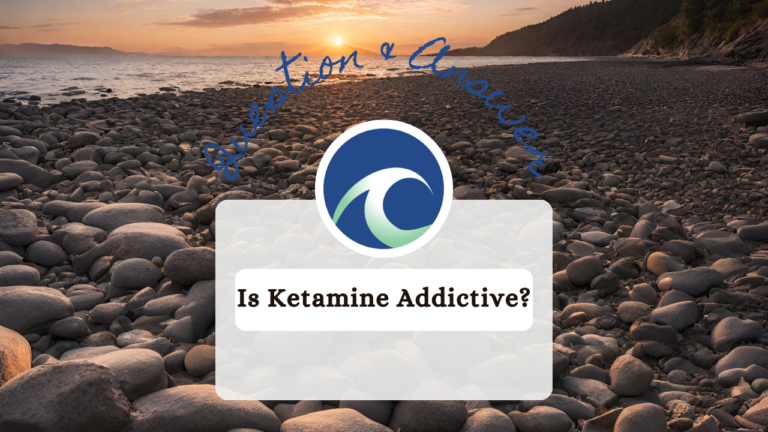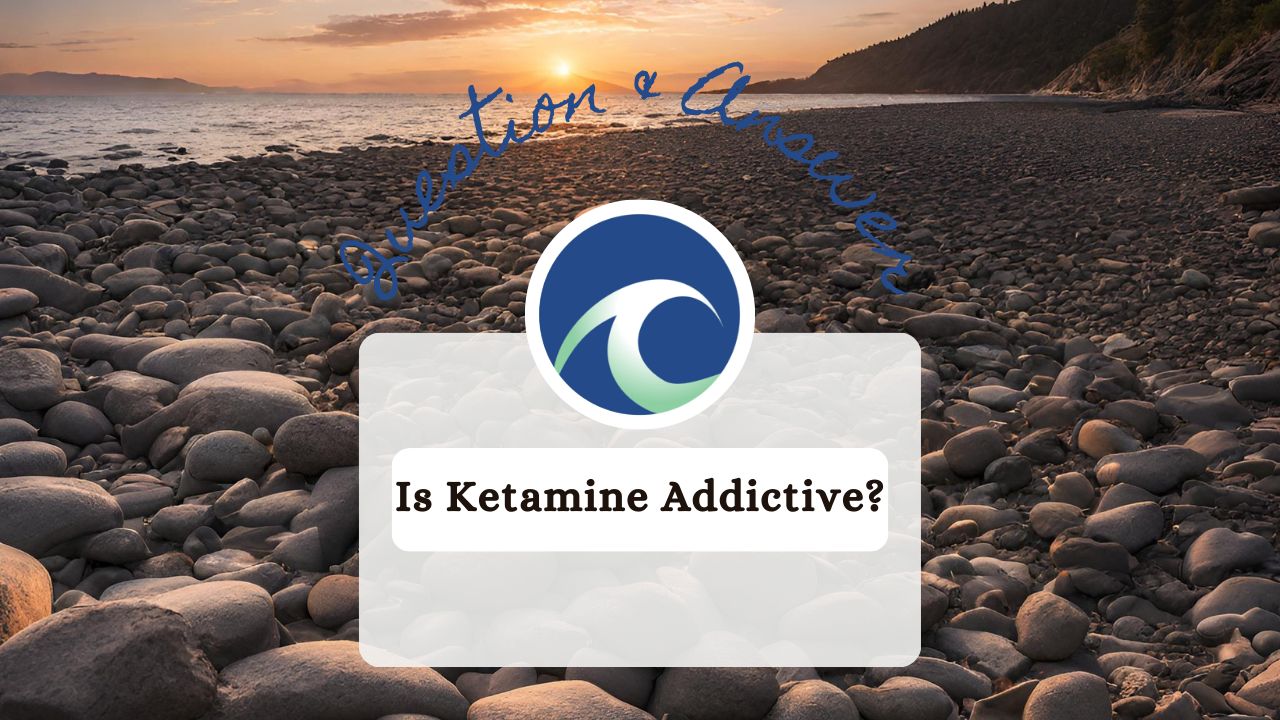
Is Ketamine Addictive? The Truth About the Controversial Drug
What is Ketamine? Ketamine is a medication that has been used for decades as an anesthetic in humans and animals. However, in recent years, it has gained attention for its potential use in treating depression, anxiety, and other mental health disorders. While there is some evidence to suggest that ketamine may be effective in treating these conditions, concerns have also been raised about its potential for addiction.
Ketamine is classified as a dissociative drug, meaning that it can cause feelings of detachment from reality. Furthermore, this can be desirable for some individuals seeking relief from symptoms of depression or anxiety. However, it can also lead to feelings of euphoria and a desire to continue using the drug. Additionally, ketamine can cause physical dependence, which can lead to withdrawal symptoms if use is abruptly stopped.
Addictive Potential of Ketamine
Short-Term Effects and Dependency
Ketamine is a dissociative anesthetic drug that can produce feelings of euphoria, relaxation, and altered perceptions. However, it can also cause short-term side effects such as nausea, confusion, and hallucinations. These effects can lead to a psychological dependency on the drug, where the user feels the need to continue using it to achieve the desired euphoric effects.
Ketamine can also cause physical dependency, where the user experiences withdrawal symptoms such as anxiety, depression, and insomnia when they stop using the drug. However, physical dependency on ketamine is rare and usually only occurs in people who have been using the drug for a long time or in high doses.
Long-Term Risks and Psychological Addiction
Long-term use of ketamine can lead to a range of health problems, including bladder damage, cognitive impairment, and liver damage. However, the risk of addiction to ketamine is primarily psychological, as users may become dependent on the drug to cope with stress, anxiety, or depression.
Also, psychological addiction to ketamine can be challenging to overcome, as users may experience intense cravings for the drug and may struggle to function without it. However, with the right treatment and support, it is possible to overcome ketamine addiction and achieve long-term recovery.
In conclusion, while ketamine has the potential to be addictive, the risk of addiction is primarily psychological. This can be managed with the right treatment and support. It is important for users to be aware of the potential risks of ketamine use and to seek help if they are struggling with addiction.
Treatment and Recovery
Detoxification Process
The detoxification process for ketamine addiction typically involves a gradual reduction in the amount of the drug being used. This is done under the supervision of a healthcare professional to ensure that withdrawal symptoms are managed safely and effectively. In some cases, symptoms of ketamine withdrawal can include anxiety, depression, insomnia, and cravings. In some cases, medication may be prescribed to alleviate these symptoms.
Therapeutic Interventions for Addiction
Therapeutic interventions can be an effective way to treat ketamine addiction. Cognitive-behavioral therapy (CBT) is a common approach, which helps people identify and challenge negative thoughts and behaviors related to drug use. As a result, this can help to reduce cravings and prevent relapse. Other types of therapy that may be helpful for ketamine addiction include motivational interviewing, family therapy, and group therapy.
In addition to therapy, support groups such as Narcotics Anonymous can be a valuable resource for individuals in recovery from ketamine addiction. These groups provide a supportive environment where individuals can share their experiences and receive encouragement from others who have gone through similar struggles. Additionally, the 12 steps of Alcoholics Anonymous has proven to be a successful form of treatment for many people.
Overall, the treatment and recovery process for ketamine addiction can be challenging, but with the right support and resources, it is possible to overcome this addiction and lead a healthy, fulfilling life.
At Waterside Recovery Centers we pride ourselves on providing the top addiction treatment in Massachusetts. With a range of evidence-based, client-focused and individualized treatment offerings, we are able to provide the ideal support for those seeking recovery from substance addiction. Please feel free to reach out to our help line at anytime.
(833) 985-4234





